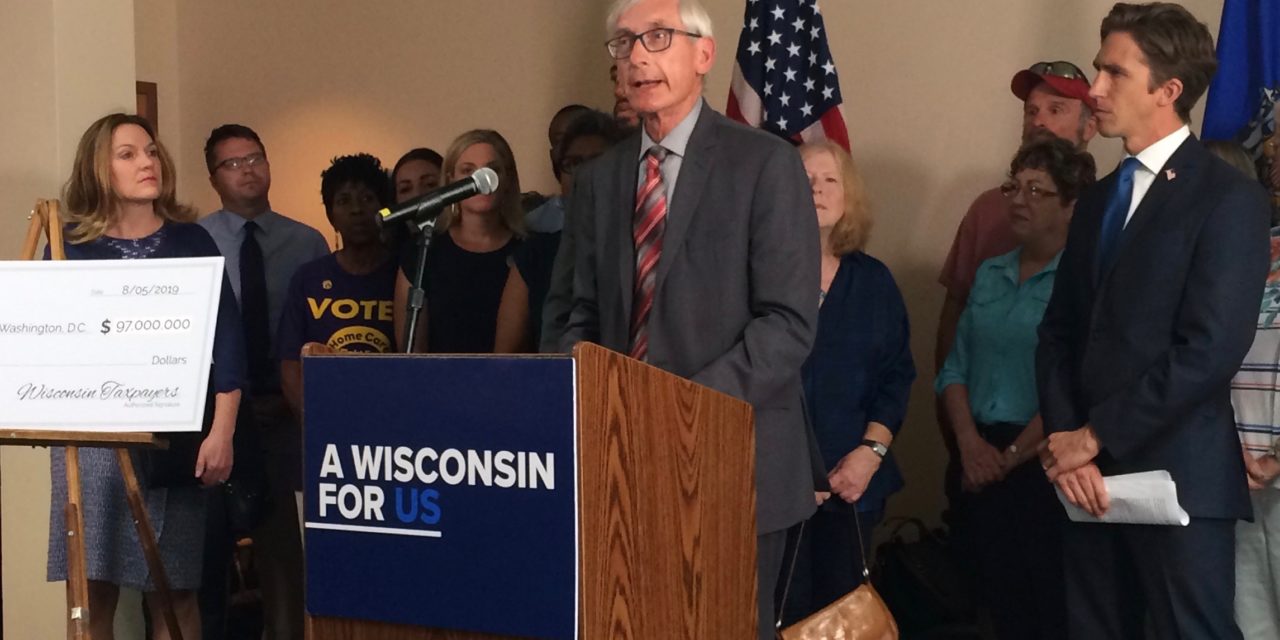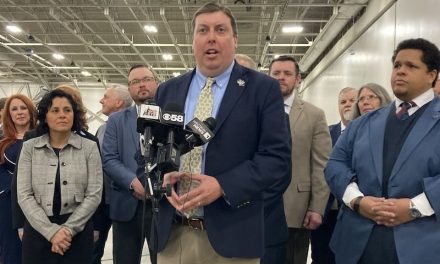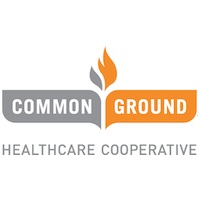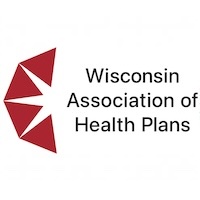
State plans to spend more than $400 million on supplies to fight COVID-19

Gov. Tony Evers’ administration has bought nearly $7.5 million in needed medical and public health supplies as of Saturday and plans to procure an additional $400 million as part of its response to COVID-19.
The state is considering buying 10,000 ventilators at the cost of between $110 and $380 million and 1 million N95 masks at a total cost of $5.4 million, among other purchases, according to a Friday email from Chris Patton, deputy secretary at the Department of Administration.
Patton said his agency recommends the Legislature appropriate a minimum of $500 million to cover costs, and a “sum sufficient appropriation” so the Joint Finance Committee could approve spending above that threshold if needed.
Over the weekend, Evers’ administration clashed with lawmakers on the state’s response to the pandemic as confirmed cases of the new coronavirus rose. The Department of Health Services said Sunday that there were 1,112 positive tests for COVID-19 and 13 deaths from the disease in Wisconsin.
Maggie Gau, Gov. Tony Evers’ chief of staff, disputed characterizations made by Republican leaders on Saturday that the governor has not moved fast enough on acquiring supplies.
“We simply will not wait for the Wisconsin Legislature or the Trump administration to act,” Gau wrote
. “Too many Wisconsin lives are at stake.”
Assembly Speaker Robin Vos, R-Rochester, and Senate Majority Leader Scott Fitzgerald, R-Juneau, wrote in a letter earlier on Saturday that they didn’t want to convene the Legislature until they knew how much the state would see in a federal stimulus bill signed into law Friday.
They said that they forwarded legislation proposed by Evers to the Legislative Fiscal Bureau for analysis. They said it would require more than $700 million in state spending, including an “unlimited sum sufficient account” for DHS, that exceeds the current general fund balance.
Wisconsin is set to receive $2.3 billion from the latest federal stimulus package, with $1.9 billion coming directly to the state, according to a Legislative Fiscal Bureau memo
. Around $360.6 million will head to the City of Milwaukee, Milwaukee County and Dane County.
“Between now and when the federal money comes, you will have the ability to transfer the necessary funds between accounts in order to make these purchases,” they wrote. “Again, we implore you. Please do not wait any longer to buy ventilators and masks. Do it now.”
According to the letter, Evers’ staff have said they intended to buy the ventilators, personal protective equipment and other supplies necessary for the epidemic, but have delayed making the decision even though the administration has the authority to do so.
Gau noted that the federal government’s efforts have not provided all the resources that Wisconsin needs and that there are reports of the federal government diverting state-acquired supplies and equipment to other states. She said that the Federal Emergency Management Association notified the administration that its request for supplies was moved down on the priority list.
Gau said the administration continues to work with federal partners to secure more supplies. This weekend, the state started distributing supplies it’s received from the Strategic National Stockpile. It has also created a donation and buyback program.
Evers’ administration presented lawmakers with two legislative requests. One
would indefinitely extend the 60-day public health emergency declared by the governor until revoked by a subsequent executive order or joint resolution.
The other would provide the sum sufficient amount to DHS, $300 million to the Department of Military Affairs, $200 million to the Department of Administration to support the response, $100 million for healthcare providers, $100 million in other assistance to Wisconsin families and other aid. A breakdown of the bill is here.
Wisconsin Health News is removing the password on all stories related to the coronavirus. For the latest developments follow us on Twitter at @wihealthnews or check out our website. For complete healthcare coverage, sign up for a free trial to our daily email newsletter.
























.jpg?bwg=1612548324)






